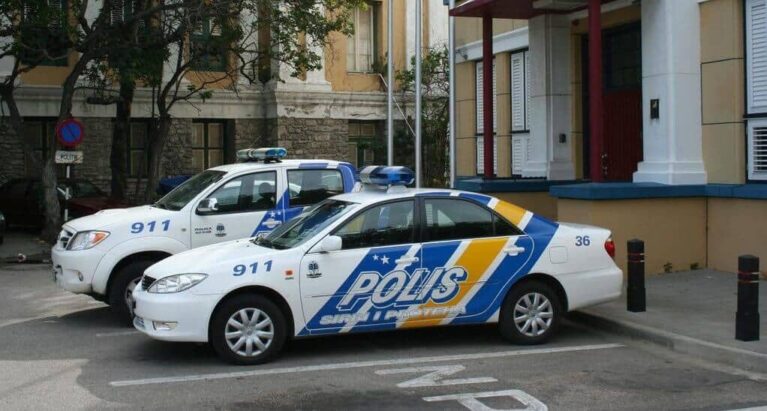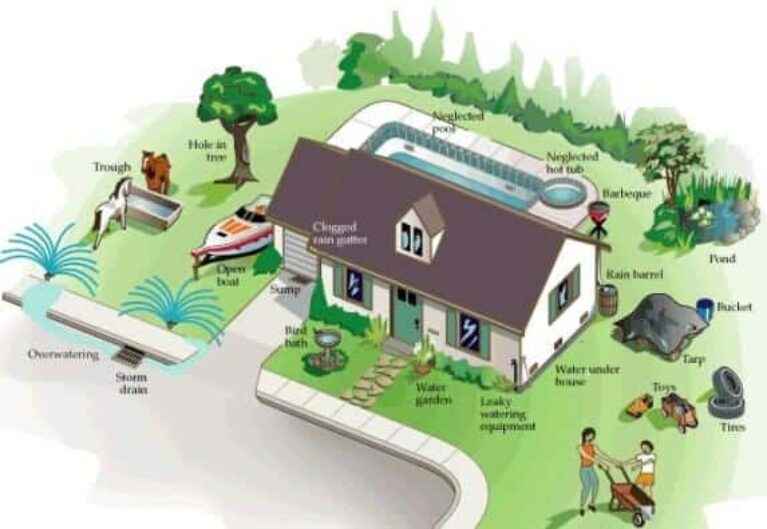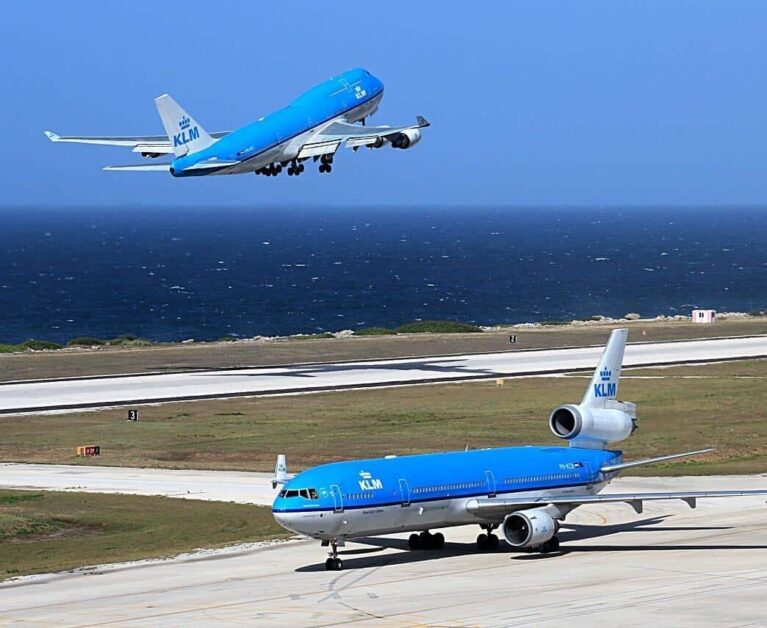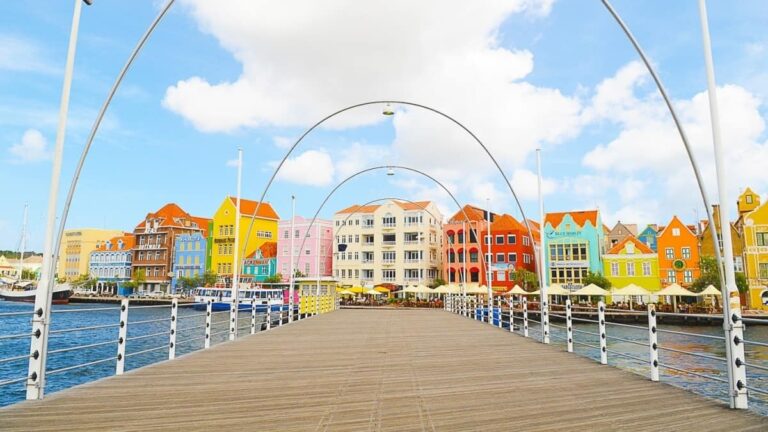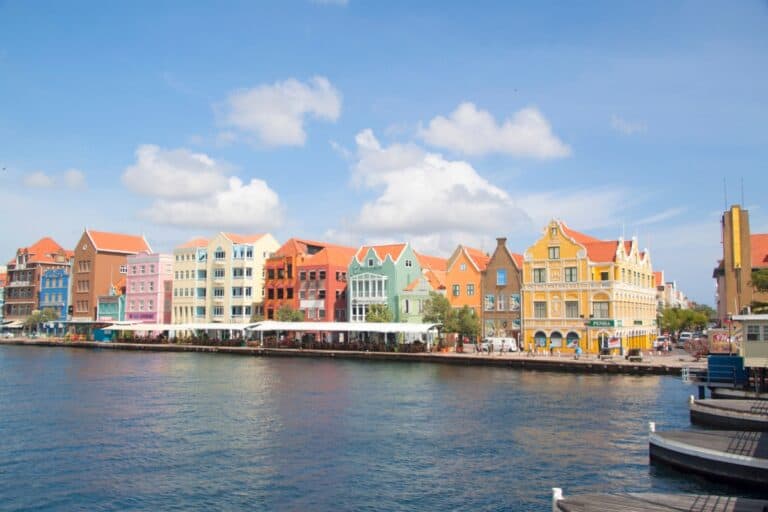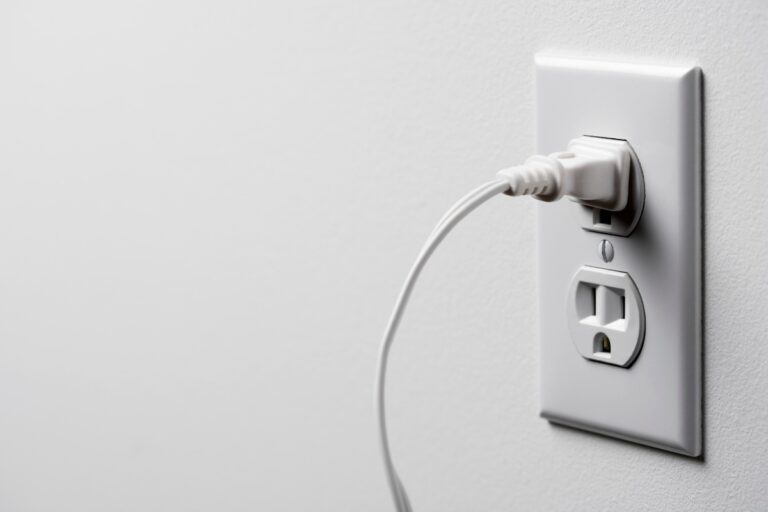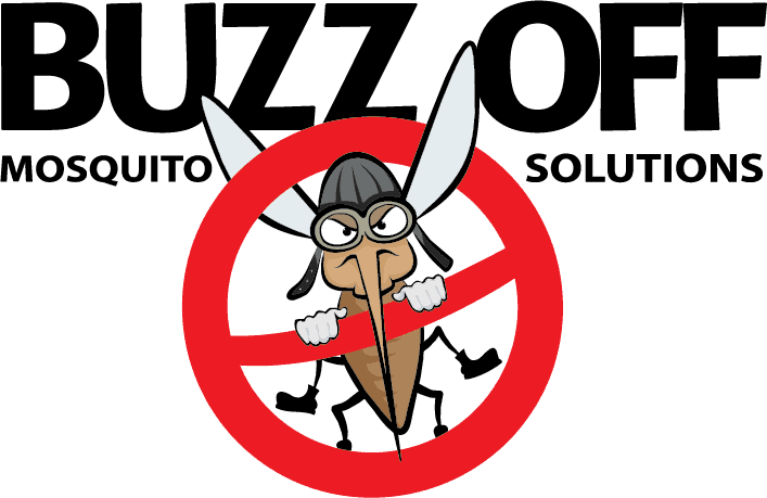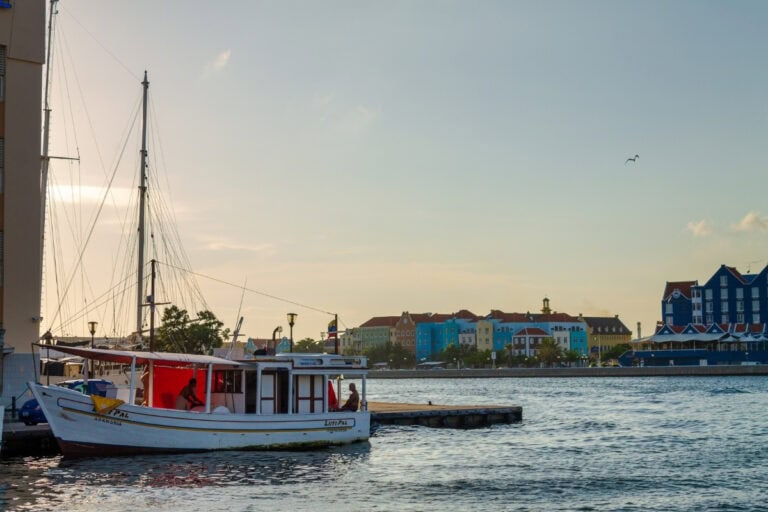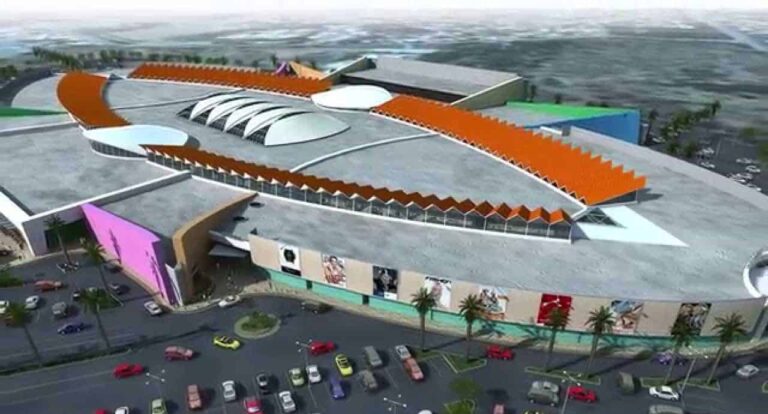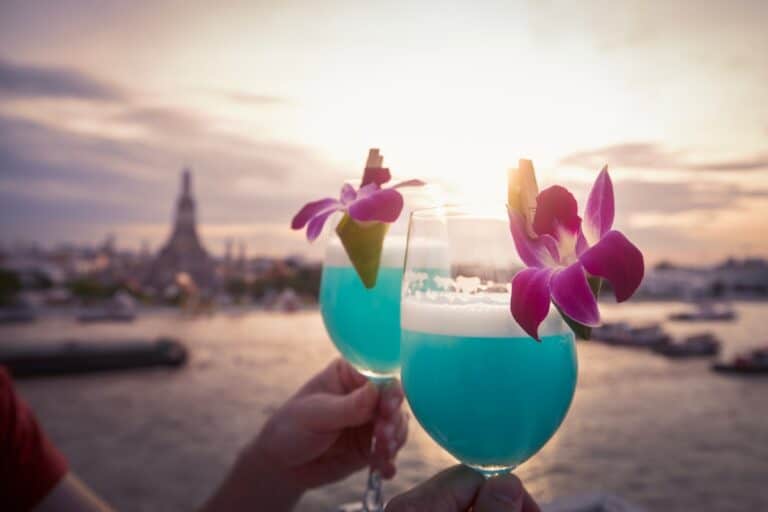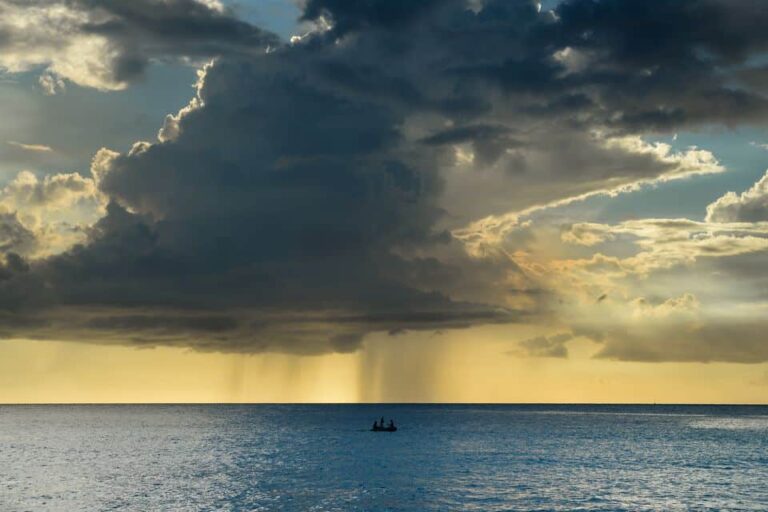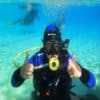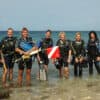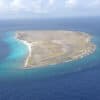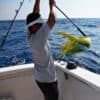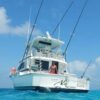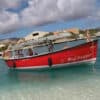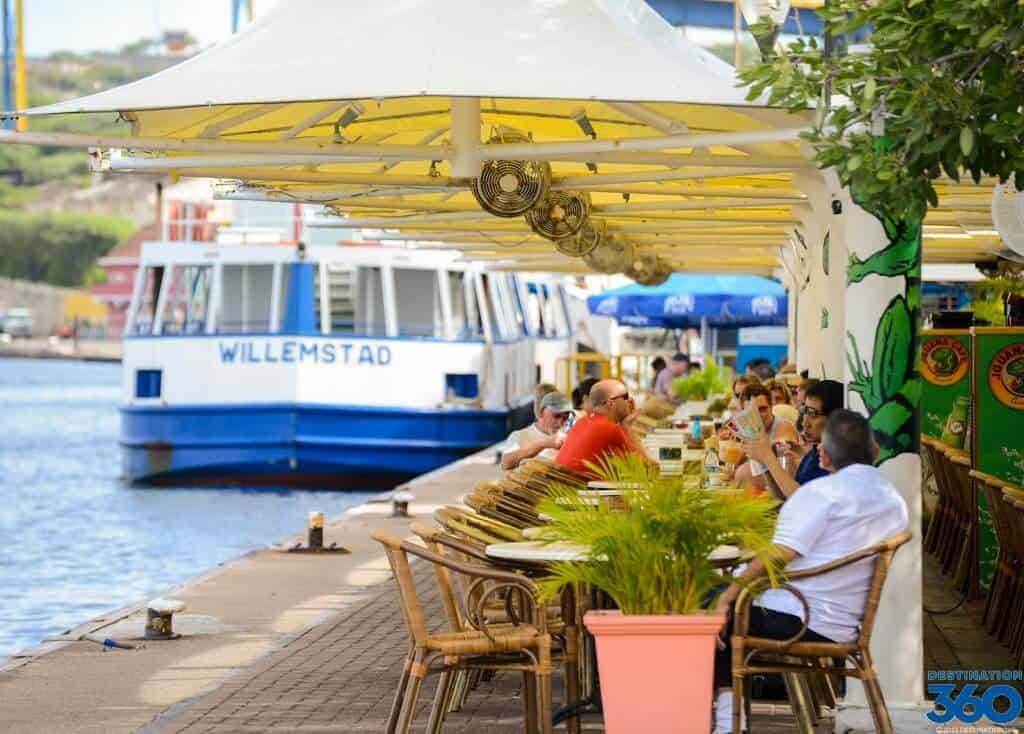
Curacao Information
Nestled in the heart of the Caribbean, Curaçao is a vibrant island paradise known for its stunning beaches, rich history, and diverse cultural heritage. As part of the ABC Islands, Curaçao boasts a unique blend of Dutch influence and Caribbean charm, making it a captivating destination for travelers from around the globe. Visitors can explore the island’s pristine shores, like Playa Lagun and Mambo Beach, dive into the clear waters teeming with coral reefs, and discover the historical significance of landmarks such as the Willemstad UNESCO World Heritage Site. With year-round warm weather and a myriad of activities, Curaçao is the perfect getaway for adventure seekers and relaxation enthusiasts alike.
Curacao Information
Read more practical information

Luxury car rentals in Curaçao
Experience transparent pricing and exceptional service with Rent Car Curaçao. Choose from luxury vehicles elevate your Curaçao adventure.
Read more about Curacao
Frequently Asked Questions
The official languages of Curaçao are Dutch, Papiamentu, and English. Papiamentu, a Creole language unique to the ABC Islands, is widely spoken by the locals and combines elements of Portuguese, Spanish, Dutch, African languages, and Arawakan. English is also commonly used, especially in tourism and business sectors, making communication easy for international visitors.
Curaçao is renowned for its beautiful beaches, each offering a unique experience. Playa Lagun is a favorite for snorkeling and diving, known for its clear waters and abundant marine life. Mambo Beach, with its lively atmosphere, bars, and restaurants, is perfect for those seeking a vibrant beach experience. Kokomo Beach offers a tranquil escape with its serene environment and picturesque views. Other notable beaches include Jan Thiel, Santa Barbara, and Playa Kalki.
Curaçao’s rich history is reflected in its well-preserved historical sites. The capital city, Willemstad, is a UNESCO World Heritage Site known for its colorful Dutch colonial architecture. The Kura Hulanda Museum provides insight into the island’s involvement in the transatlantic slave trade. Fort Amsterdam, built in 1634, is another significant landmark that now houses the Governor’s office. The island also features many plantation houses, known as “landhuizen,” which offer a glimpse into Curaçao’s colonial past.
Curaçao is an autonomous country within the Kingdom of the Netherlands. It has its own government, headed by a Prime Minister, and operates under a parliamentary democracy. The island’s legal system is based on Dutch law, and the highest court is the Joint Court of Justice of Aruba, Curaçao, Sint Maarten, and Bonaire, Sint Eustatius, and Saba.
Curaçao enjoys a warm, tropical climate year-round, with an average temperature of around 27°C (81°F). The island experiences dry seasons from January to September, while the rainy season runs from October to December, though showers are typically short. This consistent weather makes Curaçao an ideal destination for beachgoers and outdoor enthusiasts.
Curaçao is home to diverse wildlife, both on land and in the sea. The island’s coral reefs are teeming with colorful fish, sea turtles, and other marine creatures, making it a paradise for snorkelers and divers. On land, you might encounter iguanas, lizards, and a variety of bird species. The Christoffel Park is a great place to explore Curaçao’s natural beauty and wildlife.
Curaçao is easily accessible by air, with Hato International Airport serving as the main gateway. The airport offers direct flights to and from major cities in North America, Europe, and other Caribbean islands. Additionally, several airlines provide regular services, making travel to Curaçao convenient for international visitors.
The official currency of Curaçao is the Netherlands Antillean guilder (ANG), also known as the florin. U.S. dollars are widely accepted across the island, and many establishments also accept major credit cards. ATMs are available throughout the island, dispensing both guilders and U.S. dollars.
Curaçao offers a wide range of activities for all interests. Water sports such as snorkeling, diving, and sailing are popular due to the island’s clear waters and abundant marine life. History enthusiasts can explore museums and historical sites, while nature lovers can hike through Christoffel Park or visit the Shete Boka National Park. Curaçao also has a vibrant nightlife scene, with numerous bars, restaurants, and casinos.
Curaçao’s strategic location in the southern Caribbean, near South America, has made it an important hub for trade and tourism. The island’s natural harbor, Schottegat, is one of the largest in the region and supports a significant petroleum refining industry. Curaçao’s diverse culture, rich history, and beautiful landscapes continue to attract visitors and businesses, solidifying its status as a key destination in the Caribbean.
Curaçao is a destination that offers something for everyone, from its pristine beaches and vibrant coral reefs to its historical landmarks and cultural diversity. Whether you’re looking to relax, explore, or immerse yourself in local traditions, Curaçao provides an unforgettable experience for all visitors.

